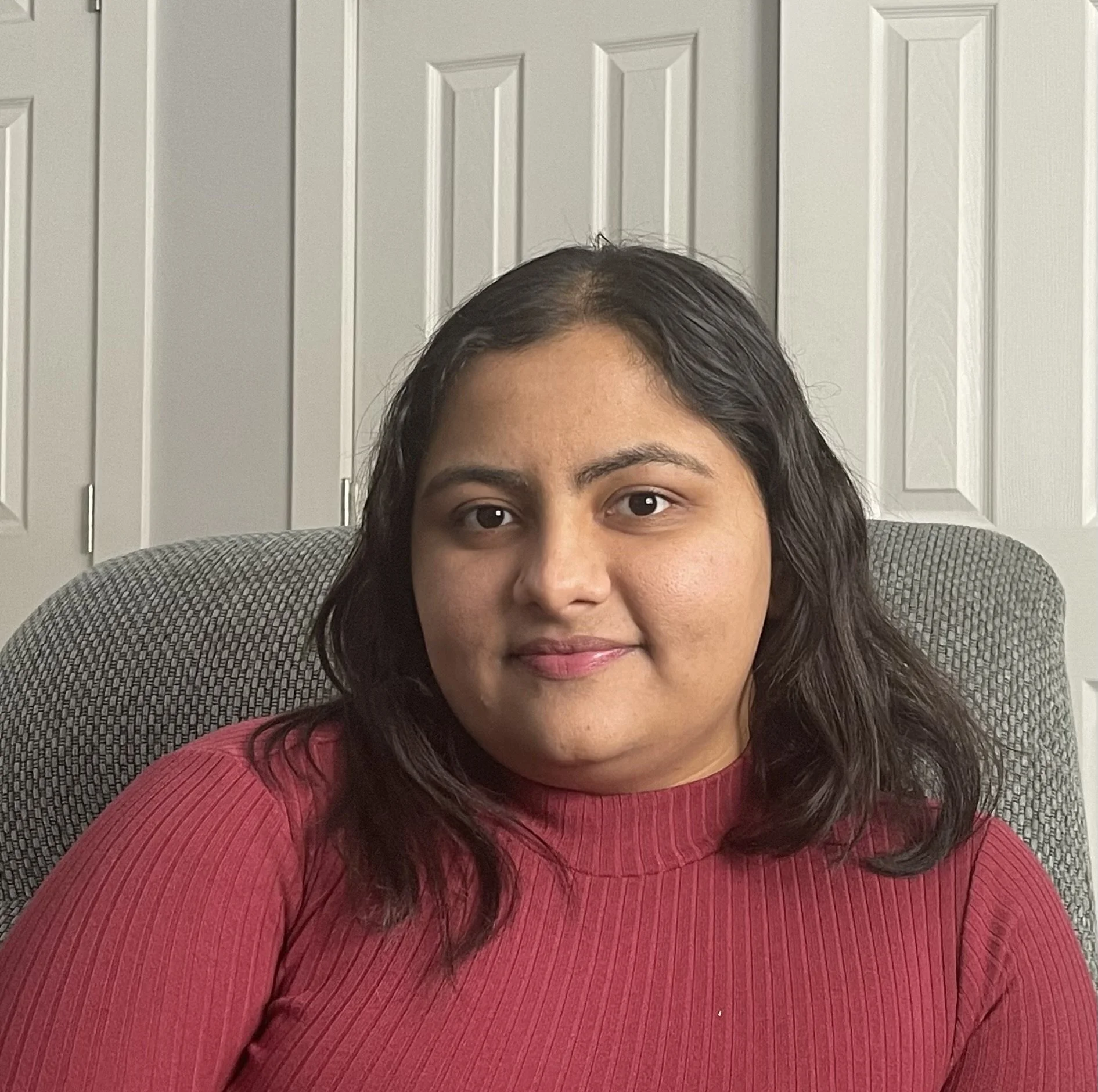Women in STEM Interview
During Women’s History Month, Project Pulse Winnipeg is highlighting the stories of women in science. We met with three brilliant young women who shared their journeys in university thus far. Our speakers included Dhriti Katoch, Amanda Allardice, and Mayoni Shukla. Dhriti and Mayoni are both currently pursuing undergraduate degrees in biology at the University of Winnipeg while Amanda is pursuing her degree in medicine at the University of Manitoba. A summary of the interview can be found below, along with a link to the full interview.
This interview was composed of the following post-secondary students:
Amanda Allardice
Amanda Allardice is a second-year medical student at the University of Manitoba. Prior to beginning her medical degree, she studied at the University of Winnipeg where she received a Bachelor of Science with a major in Biology and a minor in Rhetoric and Communications. She is passionate about the health of women, gender minorities, and 2SLGBTQIA+ people, and is involved in a number of projects and groups through her medical school to advocate for these populations. Upon completion of her medical degree, Amanda hopes to pursue a residency in Obstetrics and Gynaecology.
Dhriti Katoch
I am Dhriti Katoch an international student studying B.Sc. Biology at the University of Winnipeg. Owing to my curiosity, I have always been passionate about biological sciences. I aspire to enter med school and pursue my dream of studying medicine in an attempt to help people and bring smiles to their faces.
Having parents from STEM, I was always encouraged to ask questions during lectures since that’s the foundation for understanding any subject. Fortunately, their advice not only helped make my base strong in science but also gave me the freedom to be curious and ask numerous questions increasing my interest in science even more.
I would love to spread awareness about inclusivity in the science community and help others find their passion for science as well.
Mayoni Shukla
Hi, I am Mayoni Shukla, and my friends call me Mayo! I was born and raised in Central India. I am currently living in Winnipeg, Canada, as a full-time student at The University of Winnipeg. My Major is biology. Currently, I am working part-time for a company called SkipTheDishes, as a Courier Operations Specialist. I love making friends and I feel meeting new people widens your horizons. However, since COVID I have not been able to do so. I am extremely fond of nature. I love animals and plants. I am trained in Indian Classical Music and I have received a Senior Diploma in it. Often, I like to paint and write poetry.
Prior Perspectives and Misconceptions
Amanda shares with us that being a doctor is nothing like what is depicted on Grey’s Anatomy. She says that a large part of her job has been speaking with patients and hearing their stories, which she enjoys. Dhriti and Mayoni both speak about the common misconception that biology is the most valid path to medicine. “There isn’t necessarily only one right path to medicine,” Amanda mentions. She speaks about the diverse educational backgrounds of people in her class and the importance of pursuing what you’re passionate about as opposed to limiting yourself with just a biology degree because that is what you think you need to have.
Obstacles
Dhriti speaks of how certain subjects are reserved for boys, such as physics, and others are reserved for girls, such as biology. Amanda discusses how girls are seen as a better fit for more nurturing professions, like nursing. Often, this makes others doubt the capabilities of women to pursue other careers in medicine.
The challenging nature of health studies can often lead to burnout, as Dhriti mentions. Amanda also speaks about how rejection to medical school, which is very common, can cause applicants to doubt their abilities and face imposter syndrome. She says that the best fix for this is to surround yourself with a strong and supportive community.
Mayoni speaks about how as a woman of colour, there is pressure to prove your capabilities and show that you are equal to the men in your field.
Inclusivity and Diversity in Science
The three speakers agree that there has been a shift in the last 50 years with more women pursuing science. It is vital that this continues. Mayoni shares that we cannot place labels. Just as we shouldn’t place a “BIOLOGY DEGREE REQUIRED” label on the field of medicine, we shouldn’t label certain fields as male or female. Dhriti thinks the best way to promote inclusivity and diversity is to spark curiosity in young minds through programs like Let’s Talk Science. Amanda agrees that exposure is key. She also believes that having admission and hiring criteria that work to break down barriers will be critical in creating a diverse and inclusive scientific community that can work to help all.



